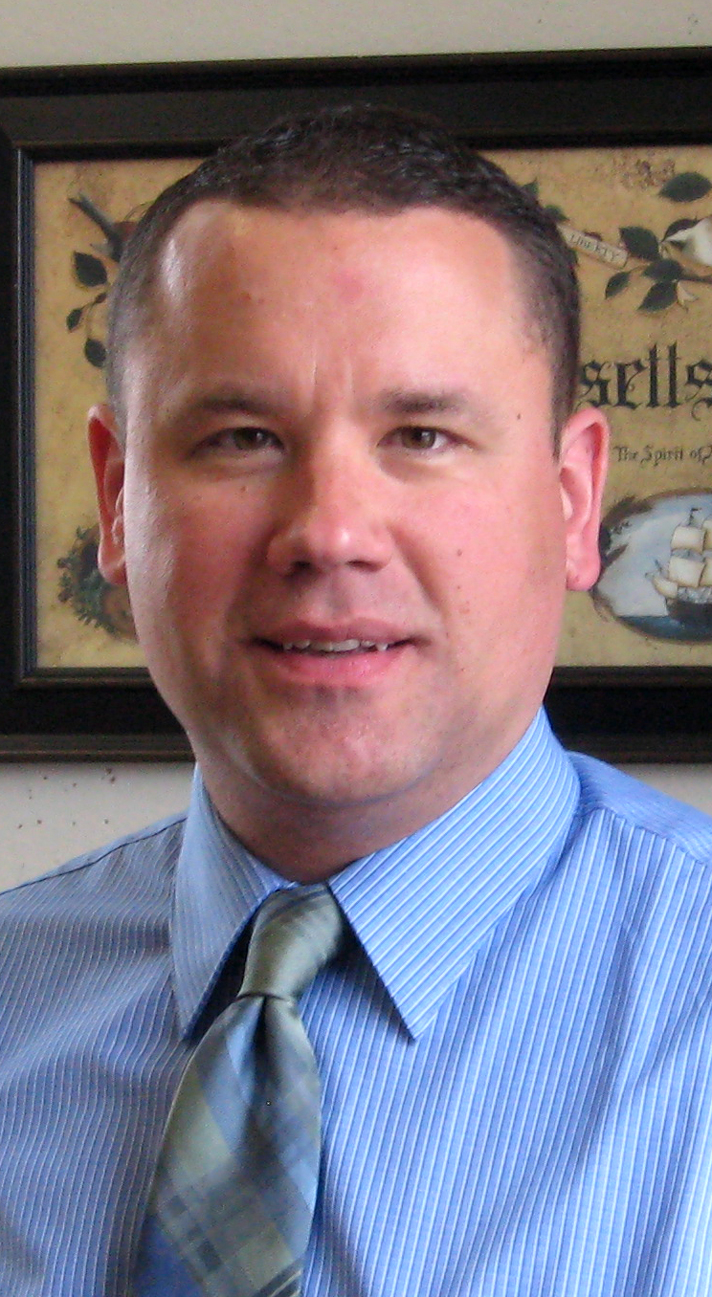
Jay Vinskey, City Planner for Westfield
WESTFIELD – The Westfield Community Preservation Committee voted at its October 11 meeting to amend the grant agreement for Community Preservation Act funds. The Committee voted to include receipt of the required deed restriction as a part of the grant agreement, and to change the amount of funds withheld until the deed restriction has been recorded with the state from 5% to 80% of funds.
As outlined in the grant agreement, pursuant to Massachusetts General Laws Chapter 44B, §12 every project that involves the acquisition of any interest in real property with CPA funds shall be bound by a permanent deed restriction, limiting the use of the interest to the purpose for which it was acquired. Other deed restrictions or limitations, relative to protecting the interest of the Act (such as historic preservation or limited income housing) and the policies of the CPC may be required. .
The deed restriction has been a source of contention in the last few years between applicants and the committee. The Board of Directors of Stanley Park, which had applied for funds to renovate its Colonial Village, balked at a permanent restriction on the buildings, arguing that the private park is already a permanent park. The Committee was considering accepting a local 30-year deed restriction for Stanley Park, before its Board of Directors decided to withdraw its application and raise the money needed privately.
At last week’s meeting, City Planner Jay Vinskey reported on outstanding deed restrictions for projects that have already been funded. He said regarding the outstanding deed restriction for the YMCA Taylor Mansion, which was granted $93,900 in 2016 for slate roof restoration and repair, the YMCA Board of Directors is currently meeting to consider returning the funds, rather than signing the deed restriction.
Also questioning the deed restriction at the meeting was Attorney Holly Lewis, owner of the Stowe House, who received $6,000 in 2016 to replace the chimneys on the historic house. Lewis said in drafting the historic deed restriction, she found “in perpetuity” difficult.
“They’re just $6,000 chimneys. I’m just trying to put in a restriction. I don’t want to restrict it forever so I can’t sell it. That building is my retirement,” Lewis said.
Vinskey said $6,000 is relatively small in terms of some of the work the committee has done, and asked if the committee would be amenable to a local restriction with a set time limit, such as the one they were considering for Stanley Park’s Colonial Village before that request was withdrawn.
Historical Commission representative Cynthia Gaylord asked if the restriction were limited to the chimneys, and Vice Chair Joe Muto responded that it was for the entirety of the Stowe House. He suggested a trigger, such as projects under $10,000 having a 20-year restriction.
“From a historical point of view, we would be interested in maintaining the exterior of the building. Would something like 20 years be reasonable, given the (amount of) $6,000,” Gaylord asked, adding that in fairness to Lewis, she didn’t come to the committee for the CPA grant. “A member of the committee came to you and asked you not to take down the chimneys. My gut feeling is the committee will not be comfortable with 20 years,” Gaylord said.
Lewis said she could make the restriction for 30 years. CPC Chair Thomas Sharp asked her to give it to the city solicitor for review when it was completed.
During the discussion on amending the deed restriction, Vinskey asked the committee how they would feel about applicants going through the process before getting the money. Muto agreed that it would formalize the process. The vote to amend the grant application to require the deed restriction up front and to withhold 80% of the funds until it is recorded with the state was unanimous.






